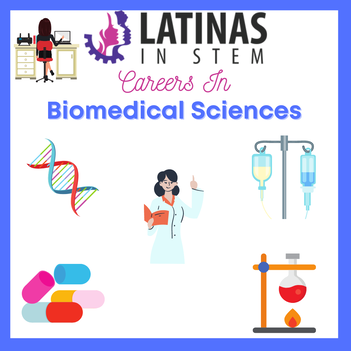While pursuing a degree in biomedical sciences, one will take courses that include genetics, nutrition, microbiology, human anatomy, and kinesiology. A degree in biomedical sciences opens the doors for careers in the fields of science and medicine as well as positions that combine the two.
A degree in biomedical sciences can also be used for a career as a forensic technologist. A forensic technologist is an expert in DNA, hair, etc. and consults with legal officials on crimes. Many toxicologists have studied biomedical science. Toxicologists study the safety and biological effects of drugs, chemicals, and substances on living organisms. A degree in biomedical sciences can serve as a launching point for an advanced degree in public health. A Masters in Public Health can lead to a position in developing and implementing health policy at all levels- local, state, and federal.
Biomedical research is an important career for those who pursue a degree in biomedical sciences. While many people picture a scientist in a white coat when they hear biomedical research, current research takes place not only in the lab of colleges and universities, but in the community. Researchers work with schools and community clinics to conduct research in communities. Biomedical scientists are also vital in medicinal chemistry. They conduct research to create chemicals and compounds that are used in drug development and how they behave in the human body. Additionally, this research is also conducted in the field of zoology to study how drugs and diagnostics can be used in animals.
A degree in biomedical sciences opens up a variety of career options from research in a university setting to health policy and pharmaceutical sales. It is a versatile degree that can lead to a job in a broad number of industries.


 RSS Feed
RSS Feed

